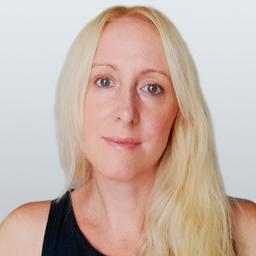“Chinese medicine” is a bit of a misnomer.
When I began my studies in acupuncture, I thought I was going to learn about medicine. Instead, we learned about health, at least as the foundation.


“Chinese medicine” is a bit of a misnomer.
When I began my studies in acupuncture, I thought I was going to learn about medicine. Instead, we learned about health, at least as the foundation.